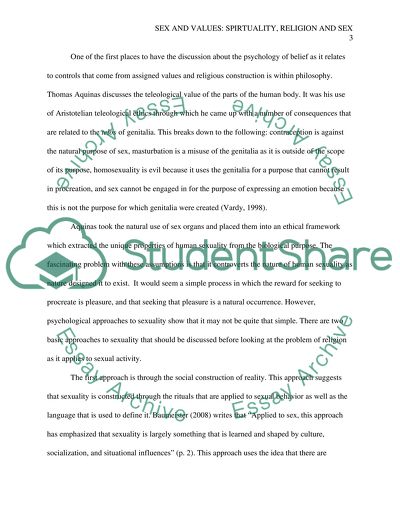Cite this document
(“Sex and Values: Spirituality, Religion, and sex Research Paper”, n.d.)
Retrieved from https://studentshare.org/psychology/1490107-sex-and-values-spirituality-religion-and-sex
Retrieved from https://studentshare.org/psychology/1490107-sex-and-values-spirituality-religion-and-sex
(Sex and Values: Spirituality, Religion, and Sex Research Paper)
https://studentshare.org/psychology/1490107-sex-and-values-spirituality-religion-and-sex.
https://studentshare.org/psychology/1490107-sex-and-values-spirituality-religion-and-sex.
“Sex and Values: Spirituality, Religion, and Sex Research Paper”, n.d. https://studentshare.org/psychology/1490107-sex-and-values-spirituality-religion-and-sex.


